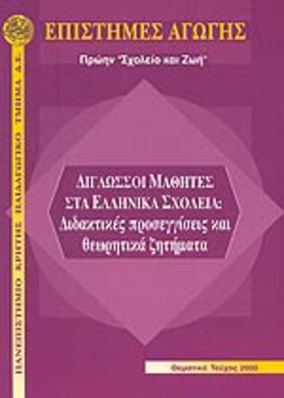Μαυροβούνιο
Part of : Επιστήμες Αγωγής ; 2009, pages 91-105
Issue:
Pages:
91-105
Author:
Abstract:
In the post Second World War period education gave immense contribution to the social and economical development of Montenegro. It was a generator of social progress for decades, and the educational system itself developed by means of development of elementary school system, founding a great number of common grammar schools and vocational high schools in all Montenegrin towns, and the foundation of the University of Montenegro in 1974. The quality of Montenegrin educational system was based on quality of educators, their enthusiasm and willingness to give their best for the quality of the teaching process. However, social crisis which ended with the break up of Yugoslavia, numerous clashes and wars; economic recession followed by enormous inflation; and the fall of the social system of value negatively affected the educational system of Montenegro. Montenegrin educational system underwent serious change in the last 7-8 years. Curricula were innovated, new textbooks were written, grading system was altered, new kindergartens and schools built and various important institutions established: the Bureau of Education, Center for Vocational Education and Examination Center. However, we must say that the process of reform still takes its course, and if we desire a truly quality educational system, the process itself will never leave the course. The state of reform, which used to take over the educational system a certain points in Montenegrin past, now turns to be permanent. Even though the reform positively affected certain points of educational system, the results of the international PISA knowledge testing in 2006 proved that students in Montenegro did not acquire quality, functional and permanent knowledge, and that teaching process did not abet problem-solving skills and the development of critical thinking.
Subject:
Subject (LC):
Keywords:
reform, democratization, interactive teaching, curriculum, quality, knowledge
Notes:
Περιέχει βιβλιογραφία




